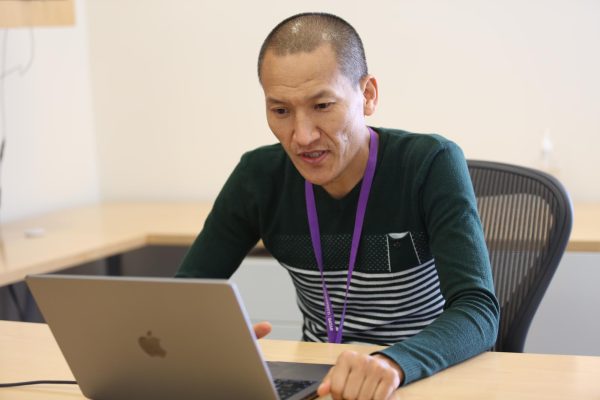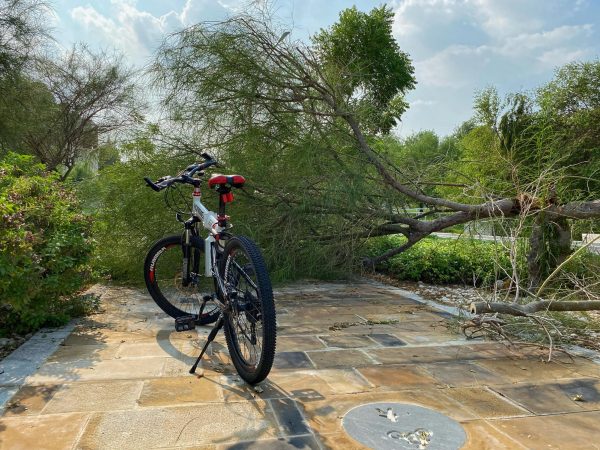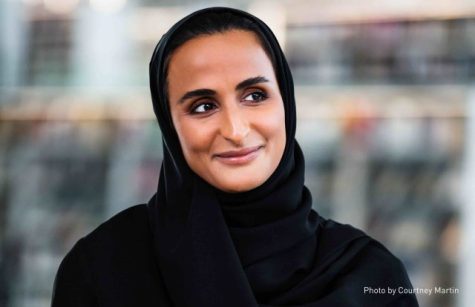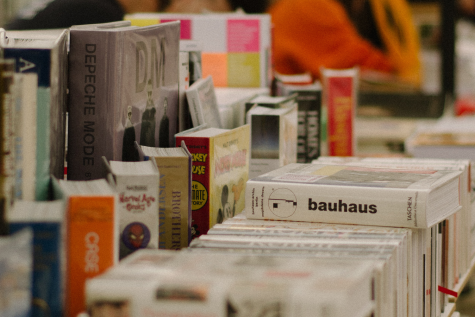Battling cancer in Qatar as expats
When one hears of cancer, they might think of chemotherapy, doctor visits, and crippling pain. But fighting cancer is also about strength, perseverance, and humor.
“What doesn’t kill you makes you stronger, and every single time that I arrived for my chemo, the nurse asked me how I was and I replied with that,” said Magda De Lange, 49, a survivor of stage-three breast cancer from South Africa.
“I’d then laugh and she would too. Humor connects people in these situations,” she said in a talk held on Feb. 8 at Weill Cornell Medical College in Qatar.
De Lange identifies as a global nomad and confesses that she has visited 46 countries to date. She said she understands both Eastern and Arabian cultures well, which she says helped her during her battle against cancer. Her multicultural background allowed her to talk and connect with other patients and survivors.
Even though De Lange used to keep her diagnosis private, she now believes that people with the same struggles should work together and communicate. She said she attempted to help create a public group in Doha where people could talk about their experiences with cancer but was disappointed with the results.
“It’s a very private and isolated experience,” she said. “People are extremely private in Qatar, private to the point where it [cancer] is a shame.”
De Lange tried to stop cancer from dominating her mind. One action she took was growing her own spices in her so-called “chemo garden.” She also travelled and spent many hours crocheting. She said she broke her cancer journey into “small chunks” and traveled between her chemo sessions, without missing one.
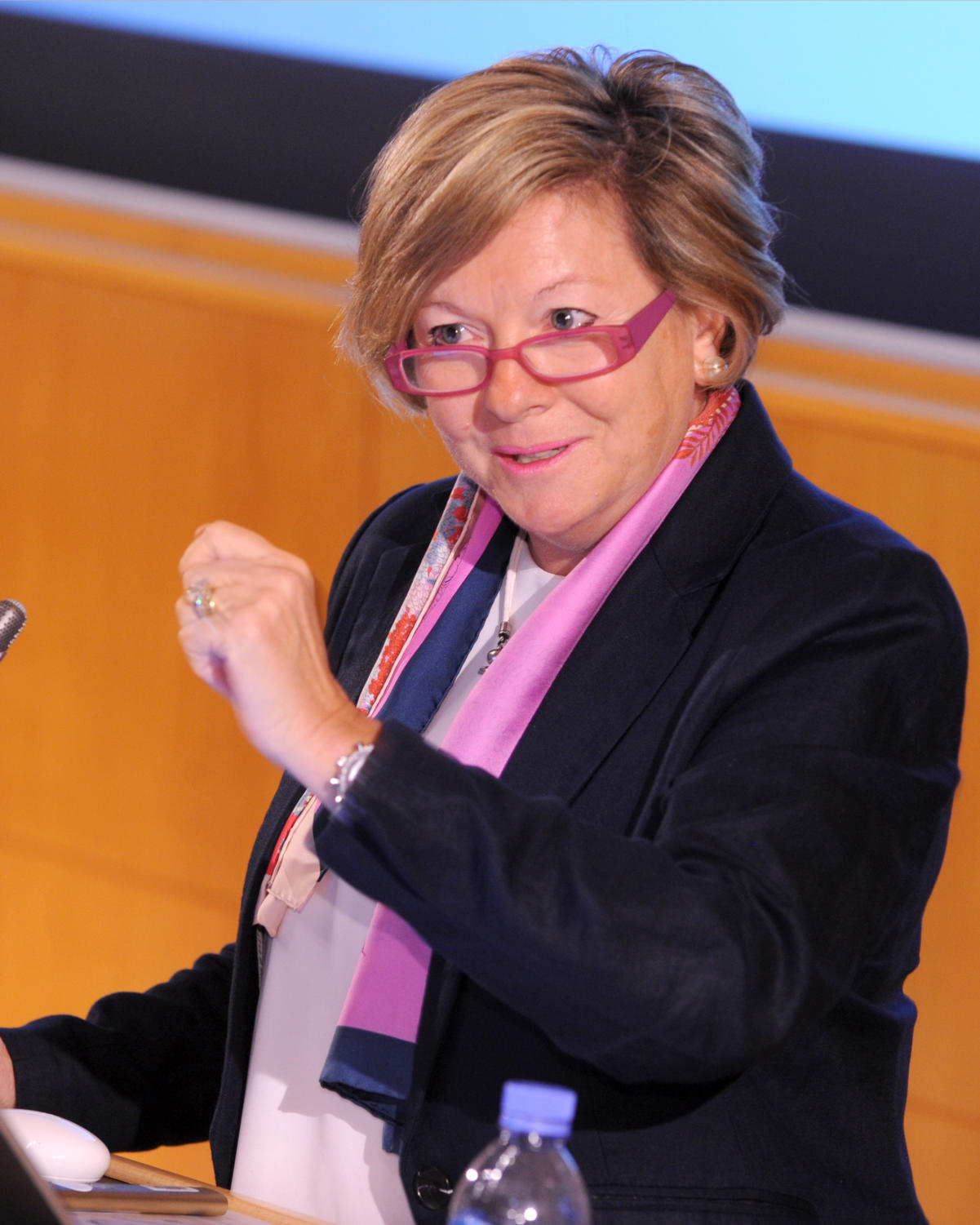
Another cancer survivor, Karen Webb Mass, a 54-year-old Australian, shed light on her own journey of dealing with cancer. She had suffered breast cancer just a few years before De Lange did.
Unlike De Lange, Webb dealt with her illness by talking about it and sharing it with her family and friends. She even announced it on social media, something De Lange said “hell no” to.
Reflecting on her struggles, Webb spoke of her mother first and then of her young children, who were only six and eight years old at the time.
“My mother looked like that painting by Munch,” said Mass, referring to Edvard Munch’s ‘The Scream.’ “It was the hardest thing, seeing the horror on my mother’s face.”
Both of them said they were well-supported and received the assistance they needed while working under the same company here in Qatar, the International Center for Sports Security. They said they still received their salary, even while they were on sick leave.
“If I stayed with the job I had in the public sector in London, I wouldn’t have had that kind of support,” Webb said.
Hadi Abu Rasheed, a doctor at Qatar Cancer Society, wrapped up the event by discussing QCS initiatives, such as educating the Doha community on cancer prevention methods.
“We work with everyone, all ages and all nationalities. The other day, I was with the workers in Ras-Laffan, telling them how to protect themselves from benzene exposure,” he said.
He added that Qatar is leading the Middle East in early-diagnosis technology. De Lange agreed, saying, “It was very fast. The whole process took only a day and a half.”
“We get busy and forget how these people [cancer patients] feel. We try to be as compassionate but we never understand, but hearing it from their perspective in an informal setting puts us in a position of understanding them better,” said Shakiha al Gahtani, a fourth-year medical student at WCMC-Q.
At the end of the lecture, both De Lange and Webb thanked Cornell for giving them the opportunity to share their stories.
“We are just always looking for a stage to share our experiences and help others who are going through what we went through,” De Lange said.




